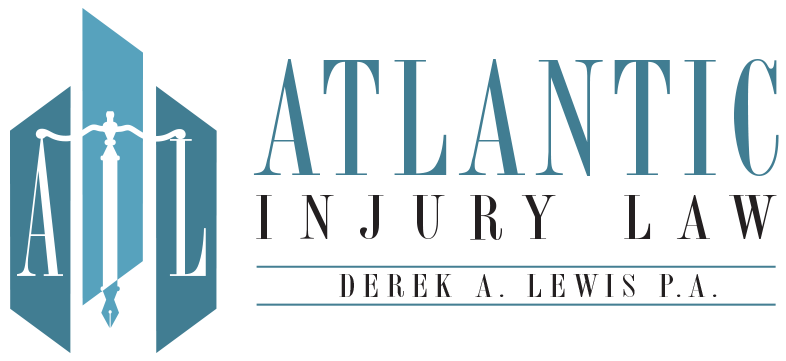NURSING HOME ABUSE
Helping the Injured achieve justice, one person at a time.
Nursing Home Abuse
The most common forms of elder abuse that our nursing home abuse attorneys see are:
Physical abuse
infliction of pain or injury, including sexual abuse.Misuse Of Restraints
chemical or physical control of a resident not in accordance with accepted medical practice or proper standard of care.Verbal/Emotional Abuse
demeaning statements, harassment, threats, humiliation, or intimidation by staff members or other residents.Physical Neglect
disregard for the necessities of daily living, such as food, water, bathing, and basic care.Sexual Abuse
unwanted or nonconsensual sexual contact (through force or trickery) by a staff member, resident, family member, or stranger.Medical Neglect
lack of proper medical care, such as ignoring a necessary medical diet, not calling a physician when necessary, being unaware of potential side effects of medication, not taking action on a medical problem, medication errors, and medical malpractice.Verbal/Emotional Neglect
not meeting the patients’ verbal/emotional needs, including disregarding patients’ wishes or restricting contact with family and friends.
Verbal/Emotional Neglect
not meeting the patients’ verbal/emotional needs, including disregarding patients’ wishes or restricting contact with family and friends.Personal Property Neglect & Financial Exploitation
illegal or improper use of a resident’s property (funds, property, assets) by another for personal gain.Bedsores
injuries to the skin and underlying tissue caused primarily from lack of attention and improper medical care.Falls
injuries that can lead to broken bones, disability, functional decline, reduced independence, and reduced quality of life.Medication Errors
improper dispensing of medicine to patients that causes harm.Choking
improper monitoring of patients or improper care that results in choking.Elopement
failure to supervise patients with a debilitating mental illness that results in the patient leaving a facility without notice.
If you suspect that any of these have occurred to yourself or a loved one, please call our firm immediately to discuss your rights.


